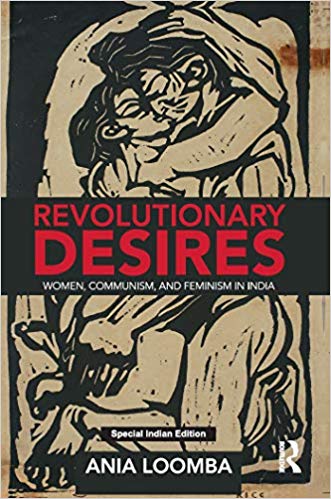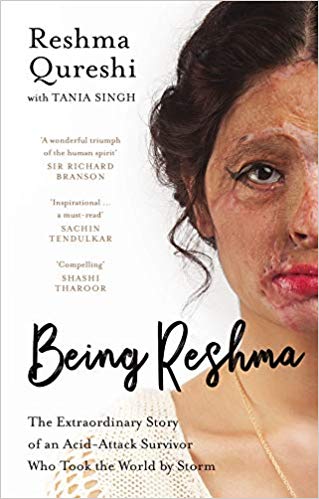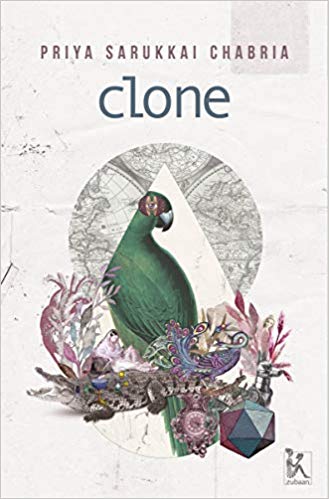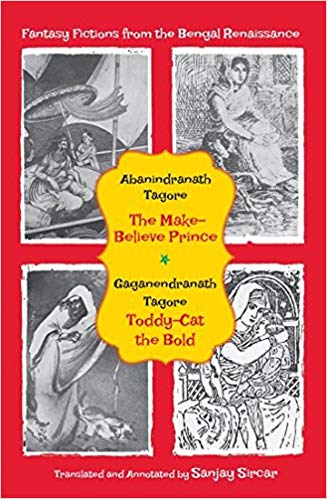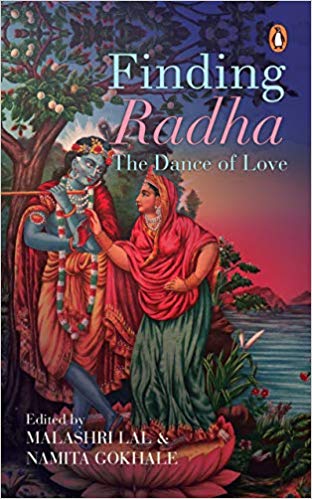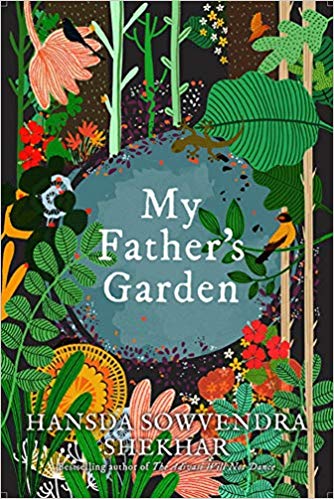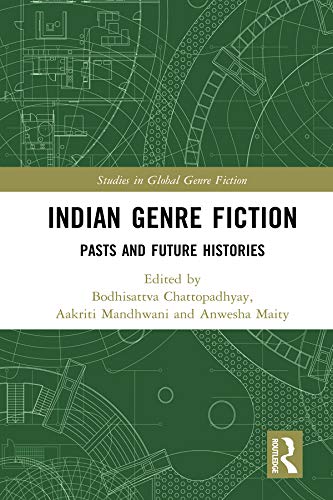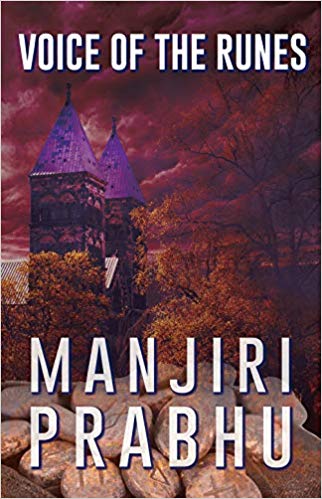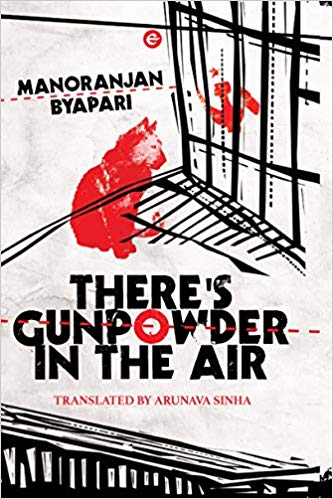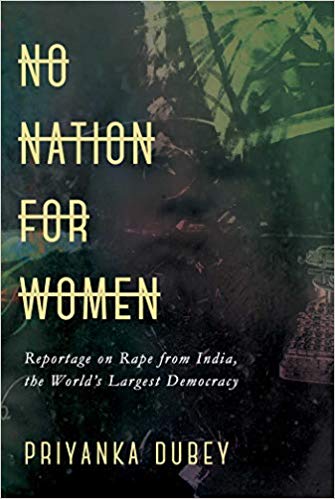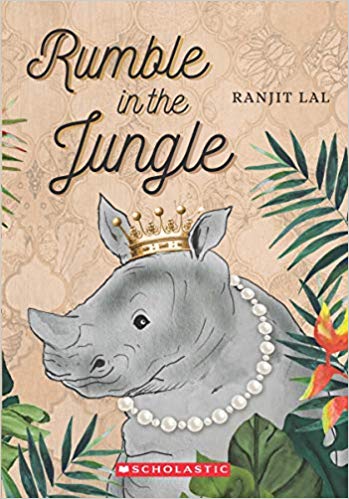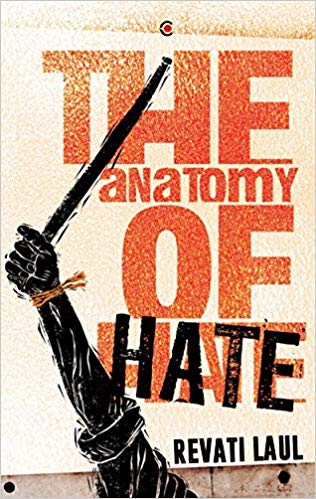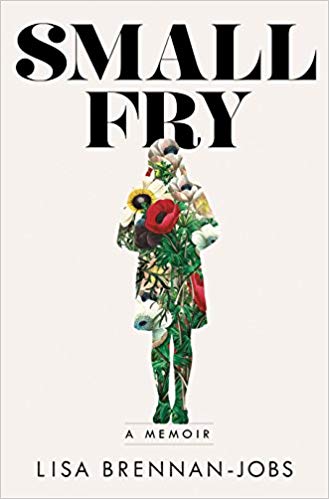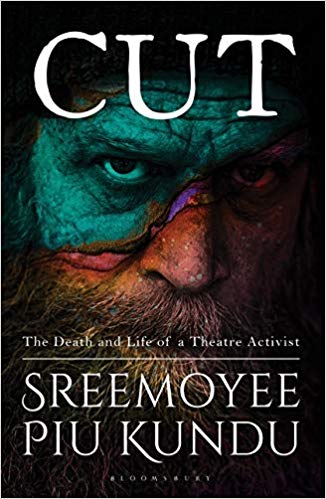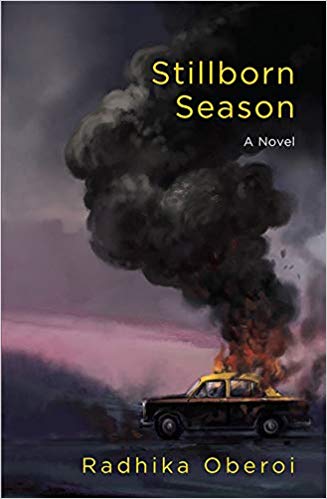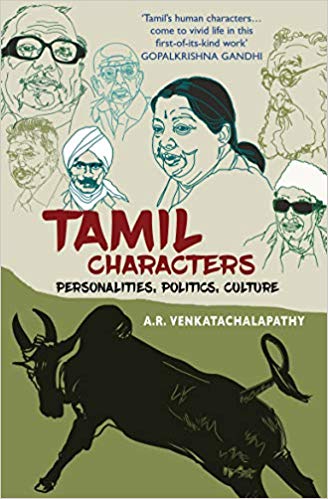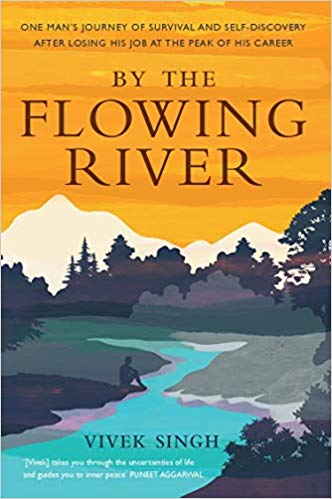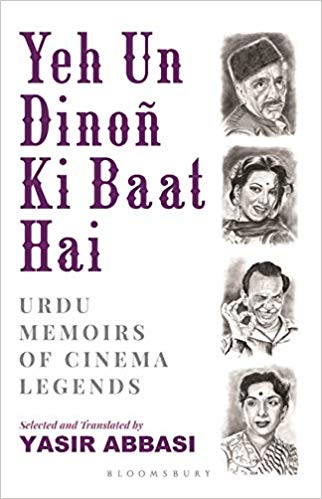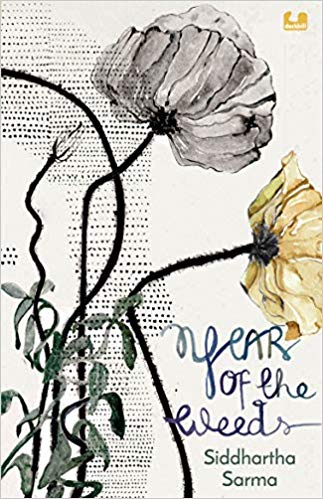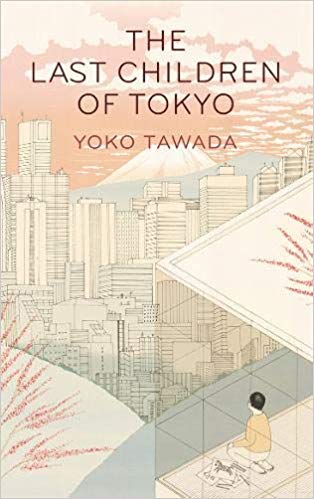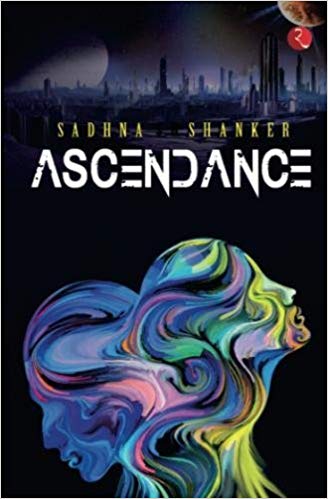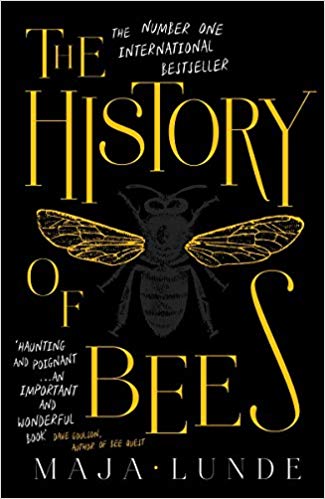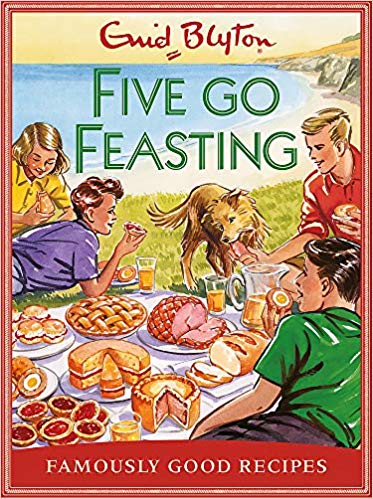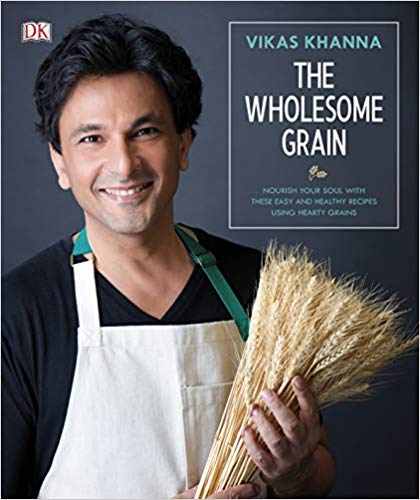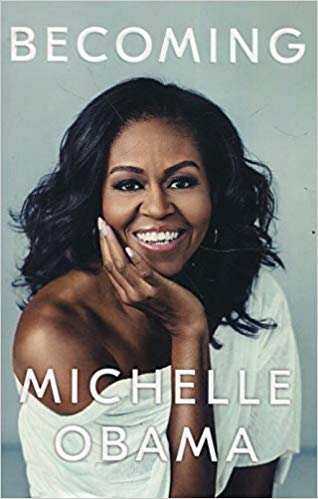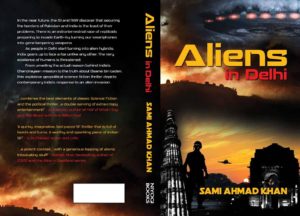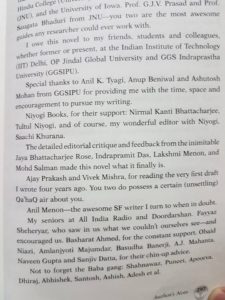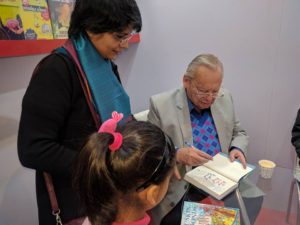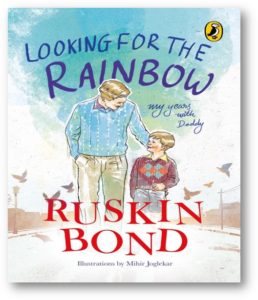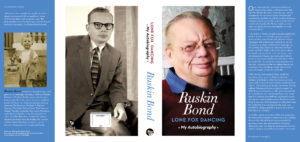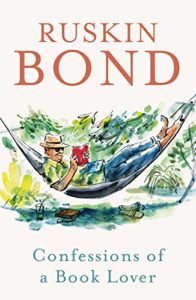Award-winning writer Shandana Minhas and her husband, journalist and playwright Imran Yusuf recently founded Mongrel Books, a small press based in Karachi. Their first title, The Mongrel Book of Voices, Volume 1, Breakups was published in January 2017. It consists of different forms around the theme of breakups, very broadly interpreted, with work by 21 writers from 9 countries. It’s available in bookstores across Pakistan, and there is a Kindle edition too. Three more titles are to be published later this year.
Shandana Minhas’s first novel, Tunnel Vision, was nominated for the Commonwealth Writers’ Prize and the second, Survival Tips for Lunatics, won the Karachi Literature Festival Fiction Prize. Daddy’s Boy is her third novel. She has also written for stage, screen, Op-Ed pages, and is an honorary fellow of the International Writing Program at the University of Iowa. Her short fiction has appeared in The Indian Quarterly and Griffith Review. Imran Yusuf’s play Stumped won the first NAPA playwriting award in Pakistan and was staged in Delhi and Kolkata as well. He has also had readings in theatres in London.
Following is an interview with Shandana Minhas:
Why did you decide to found Mongrel Books? How did you choose the name?
We thought shelves in Pakistan had room for, and need of, books that might not otherwise make it to the market. And books that are affordable too. For instance, I am currently reading Michel Houellebecq’s novel Submission, which Imran bought from the local chain bookstore for Rs 2095. Which means that was the only book we could buy that month. Even second hand books in ‘old book stores’ now cost between 250-650 rupees. That’s the price range we would like to stay within.
I have always called myself a mongrel, in terms of being a little bit of this and a little bit of that. My father is Muslim, my mother is Christian and I’m not even going to start on the ethnic mix. We also had a lot of mongrels around the house when we were growing up, in Karachi, we’d spend all day on the streets and bring them home with us. When we were deciding on a name it was the first choice for us. There were others though. What made up my mind to stick with Mongrel was somebody I was brainstorming with telling me I shouldn’t call it Mongrel because a lot of Pakistanis didn’t like dogs and I would alienate potential customers. I heard a lot of that when I was a kid too, of course, when there were so many dogs around. ‘The angels won’t come to your house’ or ‘You can’t pray with them around’. I still say ‘Excellent!’ Seriously, the term reminds us of a kinder time, of a less homogenous or monolithic culture.
What is its focus? What are your first books about?
Mongrel Books’ focus in fiction is good story telling, and in non-fiction work that challenges or enriches contemporary ways of looking and seeing.
Will you be publishing only in English? Or in translation as well?
We will publish original work in English as well as translations into English. Pakistan itself has a vast reservoir of stories in Sindhi, Punjabi, Hindko, Seraiki and other languages, and we hope to build relationships with translators to bring some of those to people who might not otherwise know them.
What are the new projects you are working on?
We are set to publish a comedy of errors set in space, a first novel from talented Pakistani sci-fi writer Sidra F. Sheikh. And a non-fiction title from journalist Kamal Siddiqi, The Other Pakistanis, which bears anecdotal witness to the lives of non-Muslims here. Then there is another first novel about corporate life in Karachi from a highly original, unsettling writer who prefers to remain mysterious till the pages – and the bodies –cool. For next year, I’m collaborating with gifted illustrator Aziza Ahmad on a collection of graphic short stories, In Laws from Space and other tales of Domestic Woe, there is a novel and a short story collection from the reading pile I’ve got my beady eyes on, and fiction that children here can actually relate to as well. And of course we plan to do the second volume of The Mongrel Book of Voices.
Does your having previously published fiction in India have anything to do with launching a publishing house in Pakistan?
Peripherally, yes. Indian publishing is excellent; skilled, curious, open and vast. That vastness…there is a fine line between being embraced and being swallowed. Apart from a respite from the strangeness of being intellectually intimate with somebody you will never meet – your editor, your publisher, your agent, there is a practicality to local publishing for local writers as well. Distance, visa regimes, arbitration options and banking laws are not friends to Pakistani writers being published across the border. Even something as simple as receiving your royalties can become a Kafkaesque nightmare. For example, I still haven’t received a payment I was due in 2014.
What is the Pakistani readership like? Is there sufficient book hunger for local books in English?
All I can offer you is what has been offered to me, in spoken words. There is no centralized data collection. The circulation of Urdu digests featuring a steady diet of misogynistic moralizing to upwardly mobile women is in the hundreds of thousands. The number of people who go to the Karachi International Book fair – where sales actually happen – has climbed every year and might now be half a million, and though a lot of stalls there sell what might politely be dubbed literature of a religious persuasion, children’s books do well too, as do cookbooks – ring binding and all – and cheap editions of novels considered to be classics. Cookbooks, pulp piety, platonic romances, children’s books, nostalgia…it seems, then, that Pakistanis are hungry readers but they just might not have the most balanced diet.
…it seems, then, that Pakistanis are hungry readers but they just might not have the most balanced diet.
But figures are much lower for English titles. In chain bookstores, state-of-the-nation non-fiction sells the most. One bookseller tells me English language fiction only has to sell five hundred copies to be considered a bestseller. An internationally visible title from conglomerate publishing will have no trouble getting pre-orders. Other figures I have been given for what constitutes a bestseller in the English language in Pakistan are eight hundred and fifty and three thousand. Pricing does little to diminish the perception that English is just the language for the narcissistic preoccupations of a parasitic elite rather than, say, the language of a minority whose holy book might be the King James Bible. The more upmarket demographic happily invests thousands in the latest coffee table exceptionalism – Our ruins! Our textiles! Our jewellery! Our truck art! Our haemorrhoids!
So far, most books were routed through India but will having a local publishing program make a difference to the price points?
Absolutely. And that might have all kinds of interesting knock on effects. Like most other places in the world, here too there is an increasing gap between the haves and the have nots. If we persist in the perpetuation of a world where our children can’t eat, wear or drive the same things, or go to the same schools, maybe they can at least read the same books?
If we persist in the perpetuation of a world where our children can’t eat, wear or drive the same things, or go to the same schools, maybe they can at least read the same books?
What are your plans for the future?
The plan for the immediate future is financial survival, the acquisition of knowledge about the nuts and bolts of publishing, and Jedi level time management. It would be premature for us to project further than that.
Today in global publishing there is stress on ensuring free speech and it is not muzzled in any way. What are the pros and cons of publishing in Pakistan?
I note with sadness that the second question would not be prefaced by the first if Mongrel Books was, say, an Estonian press. But there are real dangers, and there is real loss. This makes the need for stories greater. Human beings, as far better writers than me have noted recently, think in stories, learn how to live and how to love from stories, which is why the control of storytelling seems to be a matter of such concern to fundamentalists. So it is a bittersweet truth that, as a pro, we know that what we do here matters.
The cons of publishing in Pakistan are the cons of running a small business in any developing economy. Our most pressing concerns are childcare for the working mother, sourcing quality paper, shoddy printing jobs, the ethics of unregulated labor practices in the binding industry, or that big academic publishers snap up and hoard what paper does come in its warehouses, uninterrupted electricity supply, and the bank manager having no internet access when we need to make international payments. So to temper any impulse to simply label us as yet another example of ‘defying the Taliban’ – something we see being used to market everything from T-shirts to bad filmmaking – please note that the only thing we are currently defying is common sense.
Will you be publishing in traditional print format or embracing ebooks and digital features such as audio, augmented reality etc.?
We will be publishing in traditional print format as well as e-books. As for augmenting reality, I will simply say that I still do not own or know how to use a smartphone. (But my partner does.)
Pakistani authors writing in English are very prominent internationally. Why do you think no other publishing house apart from OUP [Oxford University Press] has set roots locally to encourage literary talent?
OUP in Pakistan is primarily an academic publisher looking to engineer its own access to the cash cow of state curriculums, so its risk aversion makes business sense. The only reason we are actually even mentioning it in a conversation about literary talent is because in recent years it has muddied the waters by pitching its self-marketing fairs in Karachi and Islamabad as ‘literature festivals’, effectively capitalizing on lucrative sponsorship from imperialist powers struggling to maintain influence amongst suddenly speaking subalterns. Other older publishers seem comfortable with the grooves they are in, textbooks and backlists. And there are issues like piracy, lack of transparency in accounting and royalties keeping writers away too. An increasing amount are choosing to self-publish.
What is the history of independent publishing in Pakistan? Is there space for it now?
I can’t answer that. I don’t think anyone can! There is no way to tell what is going on or what has been going on in terms of publishing, beyond the surface of it, because as I mentioned earlier there has been no centralized data collection. And booksellers here still play things very close to the chest.

